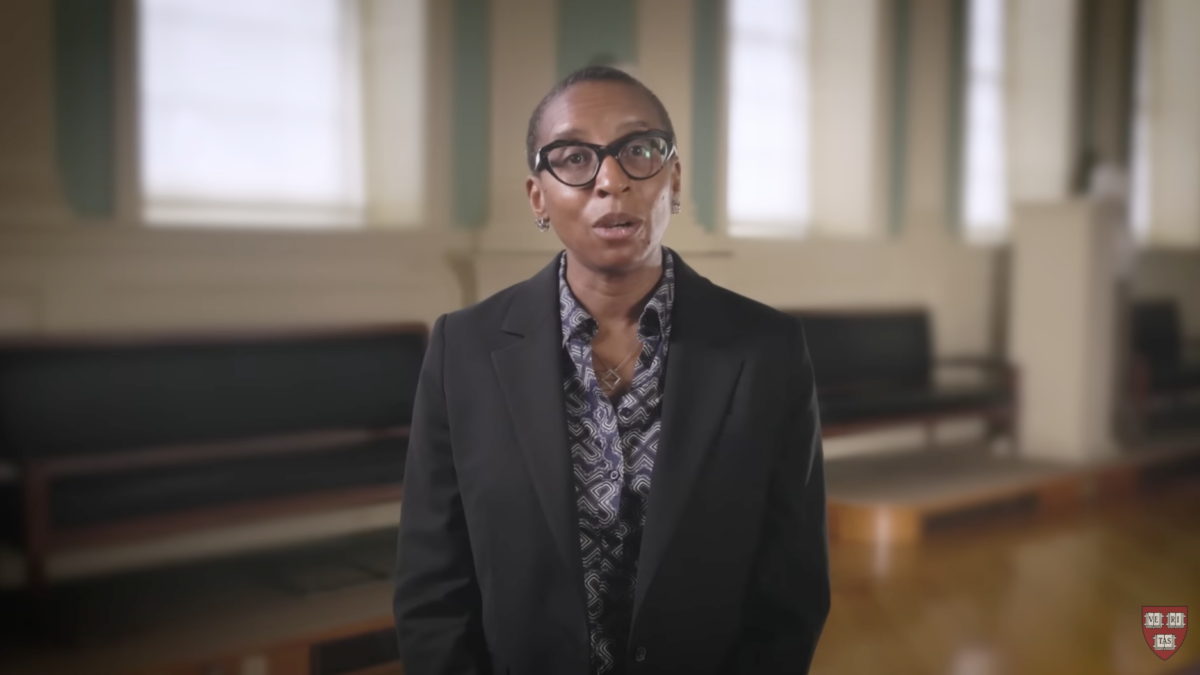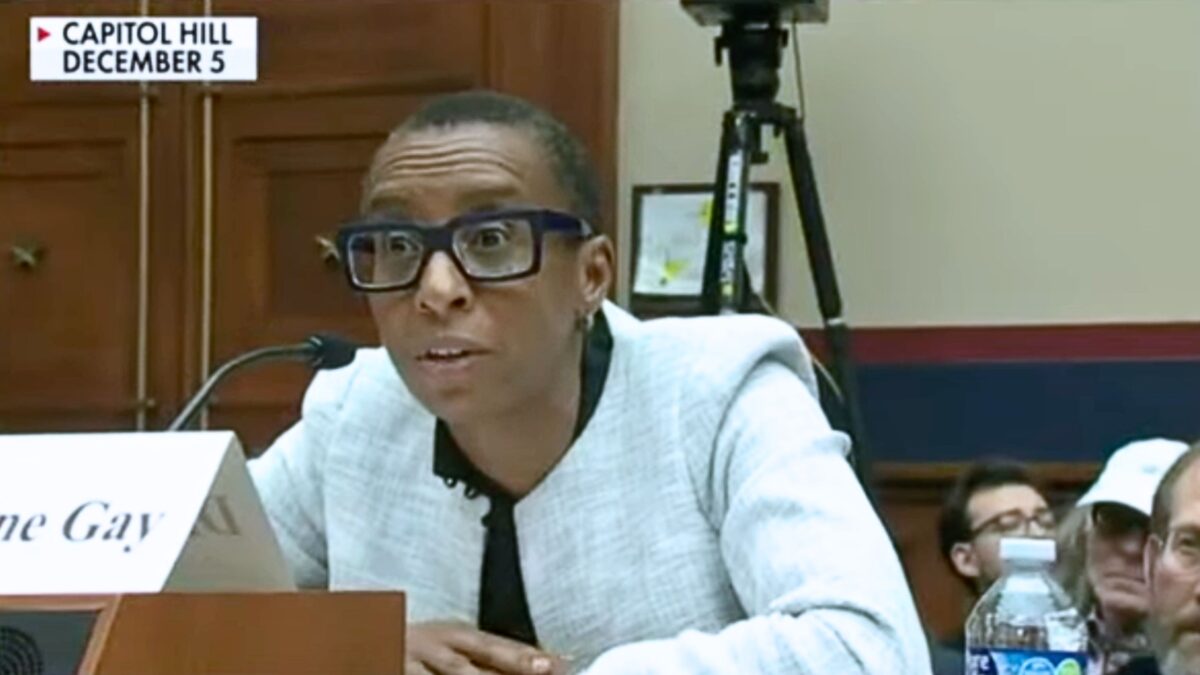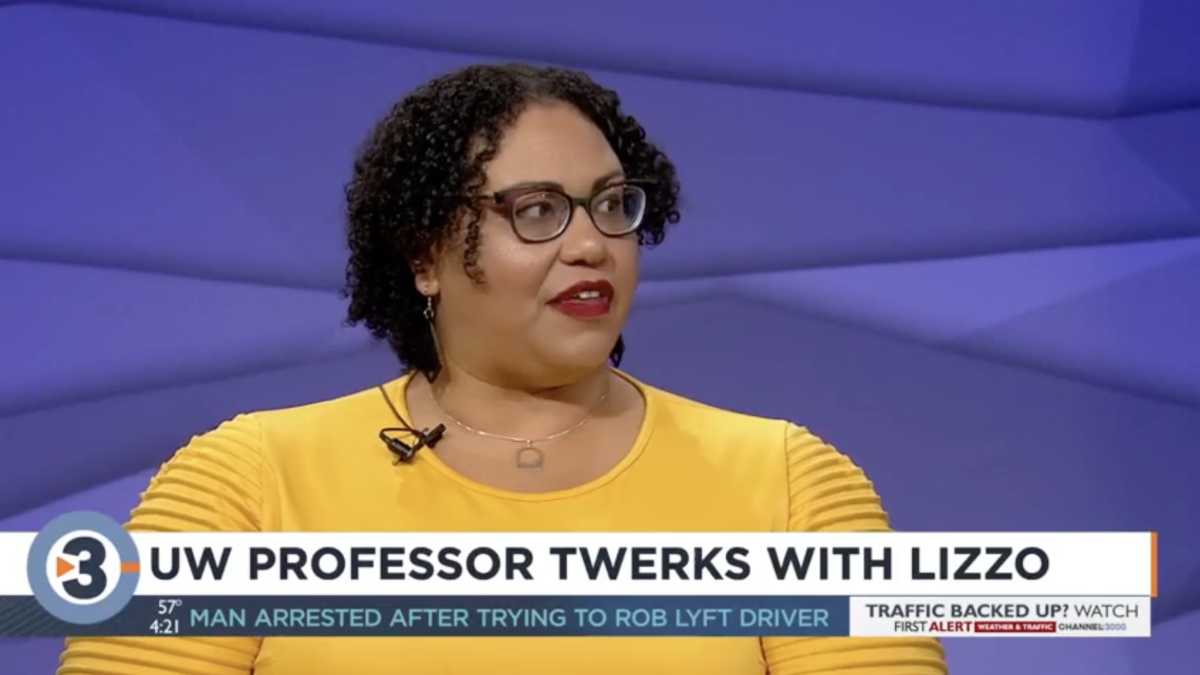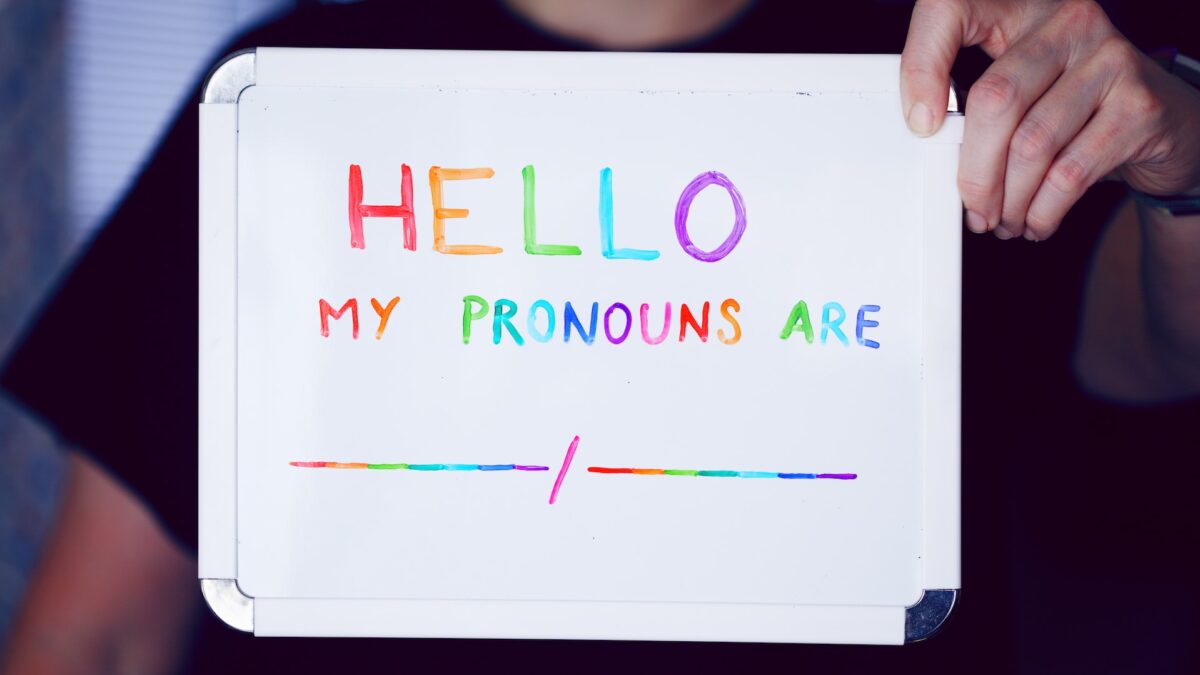
Recently, Young America’s Foundation (YAF) has suffered some speaking engagement setbacks. Phoenix, Arizona’s Grand Canyon University cancelled an appearance by YAF flagship speaker Ben Shapiro, stating they did so “to use our position as a Christian university to bring unity to a community that sits amidst a country that is extremely divided and can’t seem to find a path forward toward unity.”
It took a considerable amount of rigmarole to reverse this decision. First the university and YAF wrangled over statements, then the university offered Shapiro a speaking slot without YAF chapter involvement, which he declined. Then the university agreed and signed with YAF to bring Shapiro.
Then it happened again, on another campus: Minnesota’s University of Northwestern—St. Paul declined to let YAF bring pro-life activist Star Parker to campus. YAF’s reaction was to describe it as “a troubling trend on Christian campuses.” But it’s not a troubling trend, it’s not limited to Christian campuses, and it’s not going to be limited to YAF.
What’s happening at GCU and University of Northwestern is that lefties in the administration, because of their particular position in Christian institutions, understand that they have to structure their objection to conservative speakers in Christian language. They’re not arguing in good faith, any more than the administration at University of California at Berkeley. They just think this will work better with you.
As the lefty organizer Jonathan Smucker points out in his excellent book, “Hegemony How-To,” if you’re trying to sign conservative Christians up for left-wing environmentalist causes, you don’t lead with expletives directed at socially conservative Republicans. You lead with “God made us stewards of the Earth; it is His will that we care for it.” That’s what GCU’s and Northwestern’s explanations of their refusals to host YAF speakers are: efforts couched in Christian language to persuade, or at least not inflame, Christian audiences.
Learn About Structure Tests
Disruptions of prominent speakers on campus have dropped off lately, but not because righties have solved the problem. It still happens, particularly to lower-status speakers, and righties aren’t able to do anything about it. More likely, disruption of high-status individuals brings too much attention.
Worse, disruption of high-profile speakers was motivating righty efforts at organization, and the one thing lefty groups cannot stand is for conservatives to organize. So with high-profile speakers, we’re seeing a return to a velvet glove, top-down approach. Rather than permit having a speech disrupted, the administration tries to deny the student organization the chance to present its speaker at all.
Lefties call this kind of challenge a structure test. It’s an evaluation of capacity. Organizations (or people) can either pass a structure test, or they can fail. In the case of the GCU challenge, YAF passed. So, the next question is whether YAF has the capacity and willingness to pass that structure test somewhere else for the sake of Parker, who is a less prominent name than Shapiro.
After that, the question will be whether YAF can pass that test again, and again, and again. It’s an unending series of questions: Are you willing to fight? How much? For how long? How many fights can you sustain? How many fights can you keep track of? How many lawsuits can you afford to file?
YAF is, so far, willing to fight. YAF has deep pockets and considerable experience working with legal and bureaucratic systems. Other student groups and organizations aren’t so lucky. They could try to call on YAF, or the nonpartisan Foundation for Individual Rights in Education (FIRE), or the national College Republicans, but national organizations can’t be everywhere, and they can’t fight every challenge for every person who asks.
This is the trouble with relying on advocacy organizations: There’s no guarantee they’ll be there when you need them. Student groups and conservative alumni have to be able to fight for themselves.
The Atomization Of Conservatives
So why hasn’t every campus conservative group in the country made it clear to their administration that, if they try shutting down conservative speech, alumni donations from conservatives will evaporate? Because they can’t. Conservatives are atomized. Conservative students and alumni don’t have each other’s phone numbers, they aren’t in contact, and they aren’t working together to make their schools better places for conservatives.
To make the threat of a donor strike even potentially effective, you first have to identify conservative alumni, identify donors, get conservative donors on board in meaningful numbers, and then organize them into units to prepare an escalating series of punches that you can actually deliver. That is work. It is hard work.
To make the threat stick, you have to get ready before you make it — you can’t announce a donor strike then frantically race around trying to gather people. That’s a guarantee of failure. It doesn’t matter how strongly you believe that conservatives have to do X; before you can get to X, you have to deal with the pesky little matters A through W.
The reason there’s no threat of a conservative donor strike is that conservative campus groups haven’t done the necessary groundwork for a donor strike, and their parent organizations haven’t bothered to teach them how. So here’s how. An imperfect, Cliff notes version, anyway.
How to Get Good at Campus Organizing
First off, let me stress that this kind of organization isn’t something just anybody can do. Some people are better placed to do it than others. The ideal person to be involved in this work is somebody who’s active in her alumni network, was active in campus life as a student, and has a good number of healthy contacts, preferably among people who are active donors.
If that’s you: sit down and make a list of people you know personally, who donate time and money to the university, who are unhappy with the way things are. Call them up on the phone—don’t text, don’t email, don’t Facebook. You’re using a personal connection here, and the human voice is important.
Sound them out, make sure they’re on your side, then make it clear you’re putting together a group of donors who want to pressure the university to make it a better place for conservatives. They should ideally be of a variety of ages — that way their networks will consist of different graduating cohorts. Discuss what you’re doing, what your demands will be, and get people to sign on.
This is your organizing committee. You discuss what you’re doing, what your demands will be, and everybody then goes off and does another round or two of phone calls in your personal networks. Another meeting or two, formalize demands, make sure everyone signs on. Literally make a written pledge, and have people sign it.
Find out how much damage you can do, too. Keep a tally of how much money your members are worth and how much they have donated.
Don’t Let Everyone See Your Hand Before You’ve Played It
Here’s what you don’t do: At no point during this do you post on social media, “I’M GONNA DO A DONOR STRIKE WHO IS WITH ME.” That will guarantee failure. Righties love to call their shots in public for some reason, but that’s not how these things are done. You create the seed of your organization first, quietly. Then you shut up and grow it. You do not talk about it in public. You are not in this for catharsis. You are in this for effect.
Maybe you run the numbers and it turns out that your university is not going to be vulnerable to a donor strike, or at least not the kind of donor strike you can pull off. That’s okay, because guess what? Now you have a bunch of friends with a common goal: to make campus life better for conservatives. You may be able to find another way to do that.
But, for the sake of argument, let’s say you can pull off a substantial donor strike. Then you get everybody’s written pledge, divide them into groups, and write a letter to the president of the college. You tell them who you are. You tell them what you’ve done—say, signed pledges from X number of donors who have a combined net worth of Y million dollars and who have donated an average of N dollars per year for the last five years, donating a total of Z dollars last year alone.
Then you tell them what you’re unhappy about, and that unless your demands are met you are prepared to start cancelling pledged donations and send out press releases detailing exactly why you’re doing it. A few possible demands:
- Statement from the school, enforced by policy, committing to free speech.
- Statement from the school, enforced by policy, banning disruption of events and providing penalties for doing so.
- Statement from the school, enforced by policy, banning masks at protests (with threat of arrest for those who don’t comply).
- Statement from the school, enforced by policy, that destruction of university property is grounds for expulsion.
- Statement from the school, enforced by policy, that members of particular radical groups (do research beforehand; name specific groups) are trespassing on campus, meaning they will be arrested if they set foot on it.
If the college president waffles, contact the trustees and informs them of what’s happening. They may put secondary pressure on the president. Keep adding people to your group, so the potential financial harm grows. If they still don’t agree, alert the press, and bring in a deadline: If we do not receive a firm commitment by this date, we will cancel $100,000 in pledged donations.
Note that you can’t just do one big cancellation—I know that’s the natural righty inclination, but resist it. You need to do a few rounds of it, and up the value each time. Think of it like a boxing match: anybody can get lucky with one punch, but the fighter who can land multiple punches in succession is the one who’s feared.
What Does a Win Look Like?
Decide in advance what a victory will look like. What’s a big win for you? What’s a medium win? What’s a small win? Know what you’re willing to accept, and don’t be afraid to accept it. Getting a win is important.
What if you’re not an alumnus? What if you’re in a campus conservative group? Start making contacts from the other end. Get together with other conservative groups on campus; there’s power in numbers. Make contact with people who were in conservative groups on campus in years gone by. Go through past presidents of your organizations to do that, or through people who used to write for the conservative campus paper if there is one. You might have alumni who’ve donated to your group, or helped it out on campus; contact them for advice and networking help.
These paragraphs are just bare sketches of how a pressure movement works. You really need to read lefty organizing books for the details, and every righty should. Righty organizing won’t look like lefty organizing, and won’t have the same goals, but after a century of getting their skulls pounded during the labor movement, the lefties did gain an idea or two about how to persevere and achieve success in the face of adversity, and we can learn some useful things from them.
This is, I understand, anathema to many righties. Conservatives prefer to focus on ideas, and would prefer to just have a place to talk about conservative ideas. Well, ideas are important, but they won’t get you anywhere unless you have the power to carve out a space where your ideas can find an audience. We want power. Let’s go get it.









